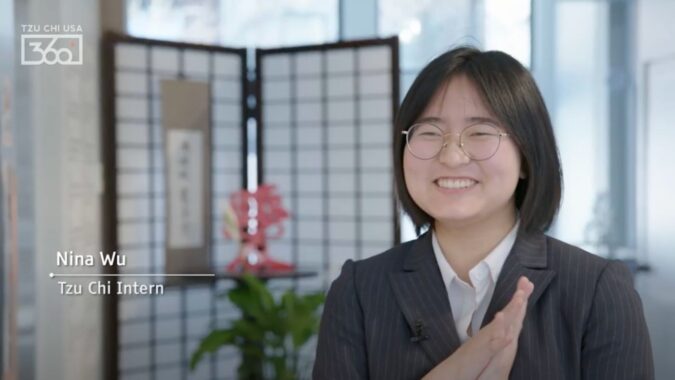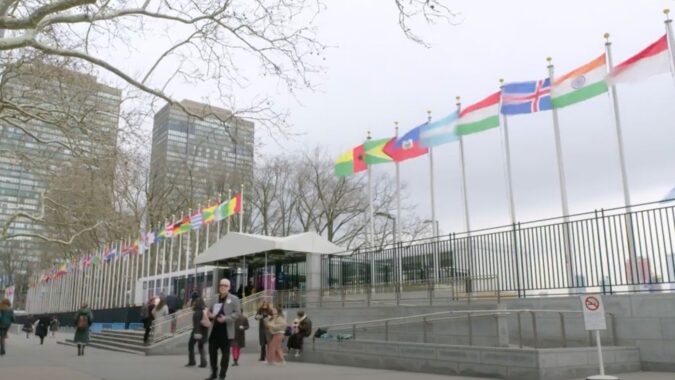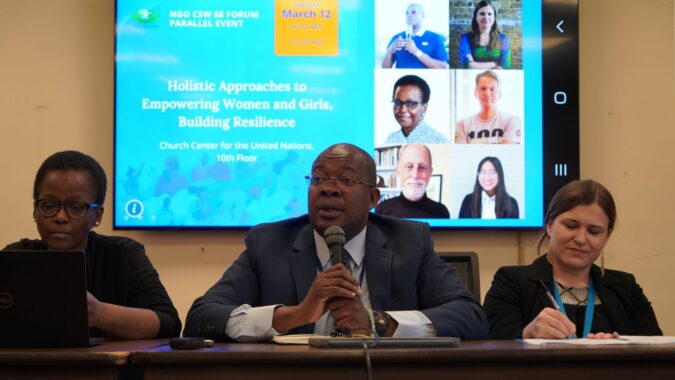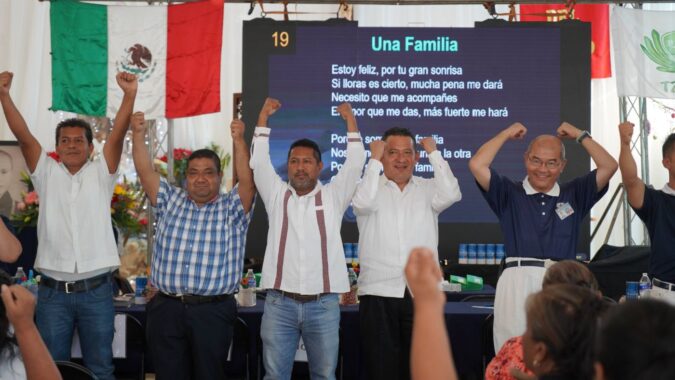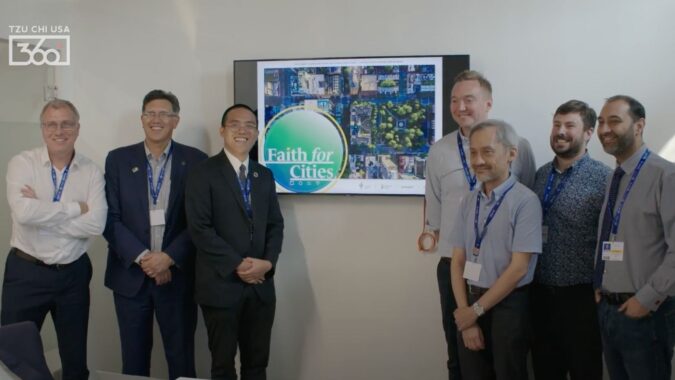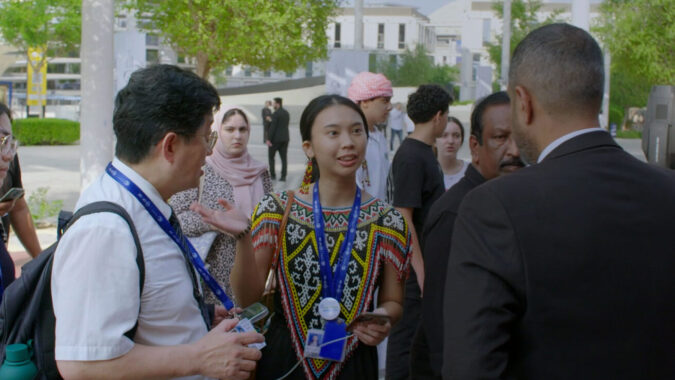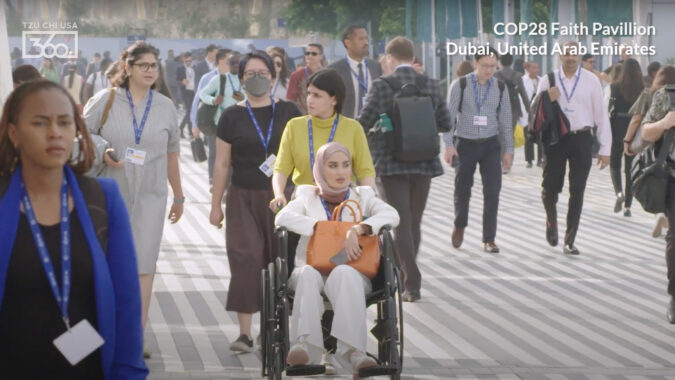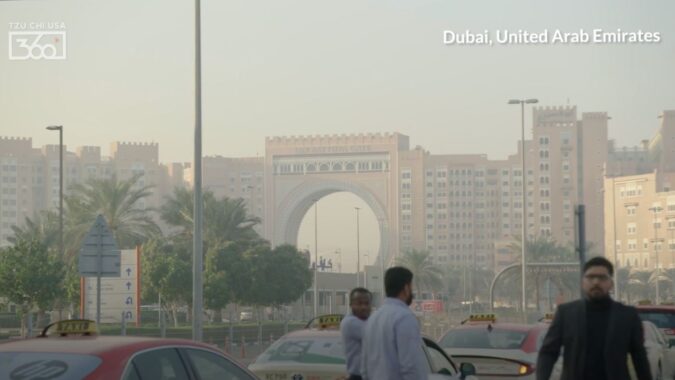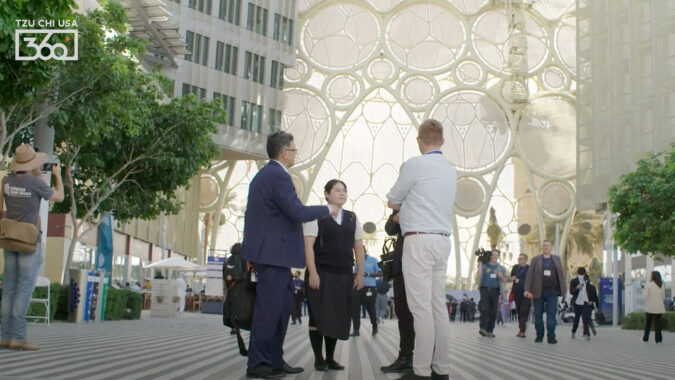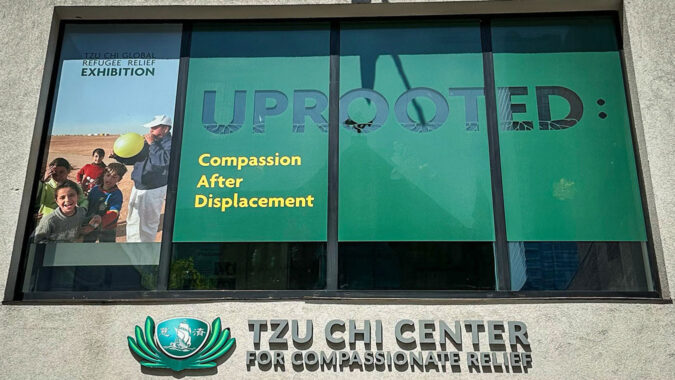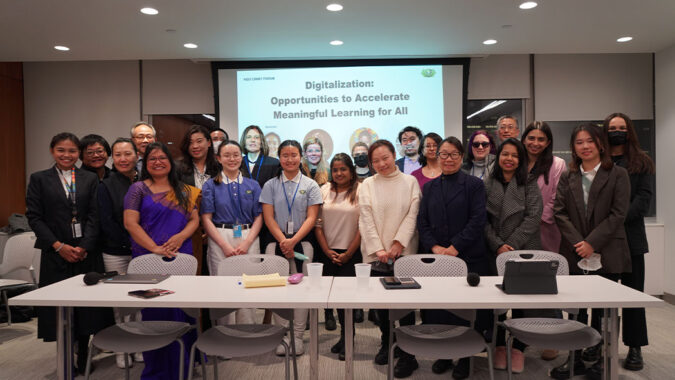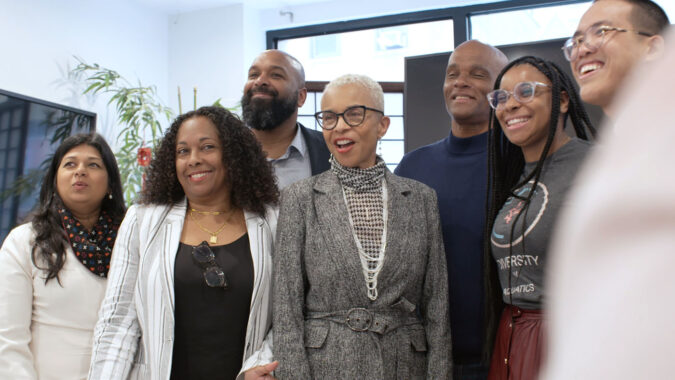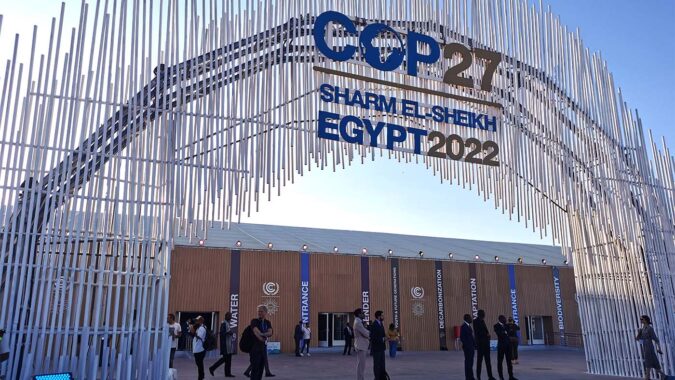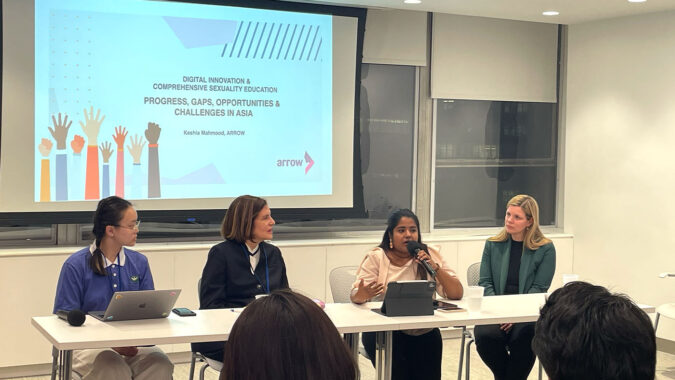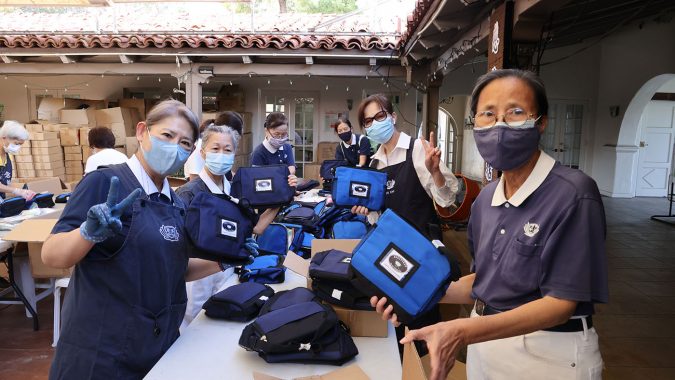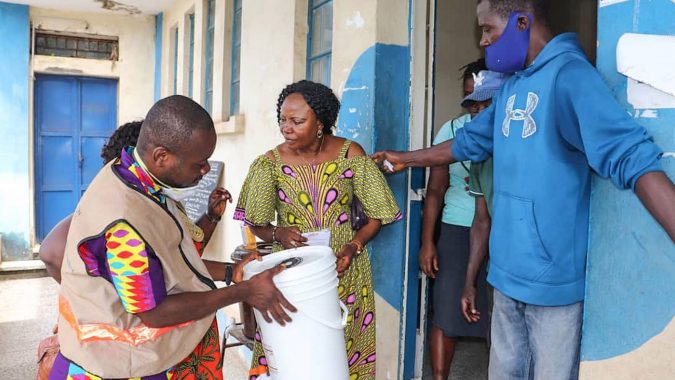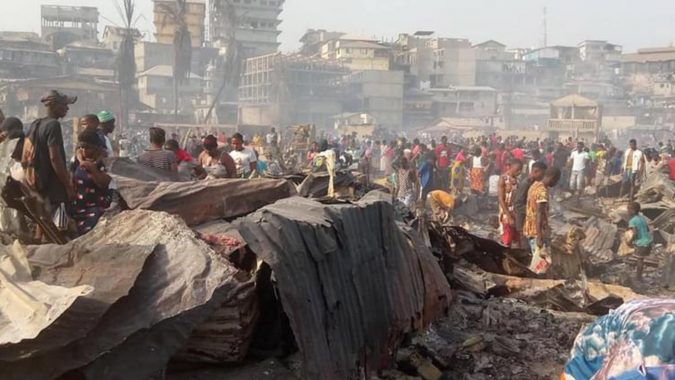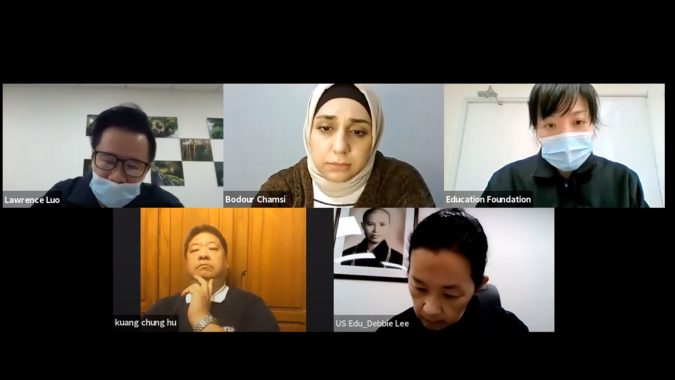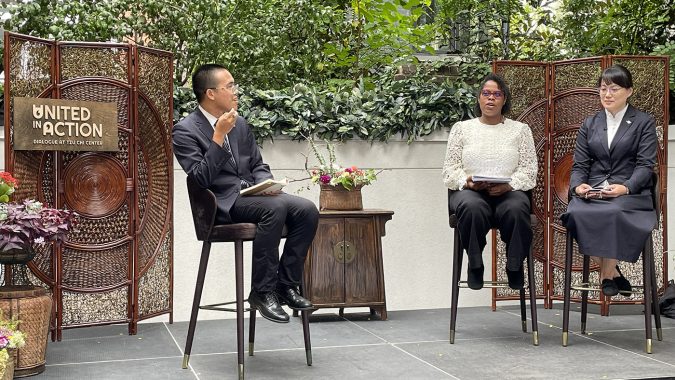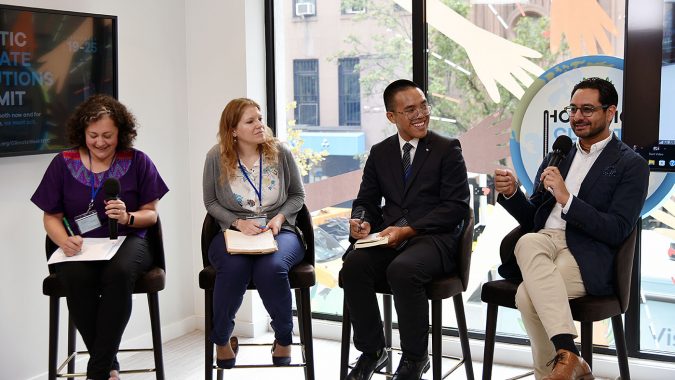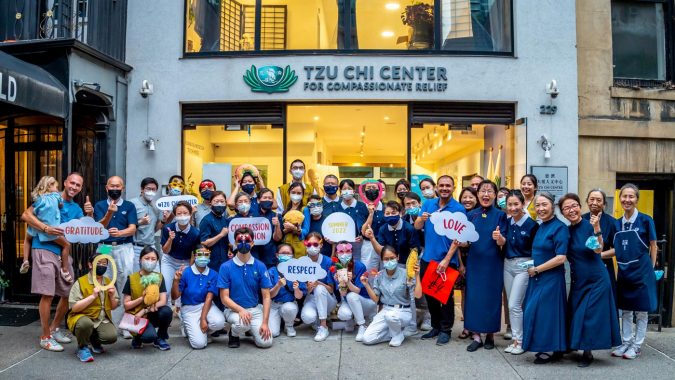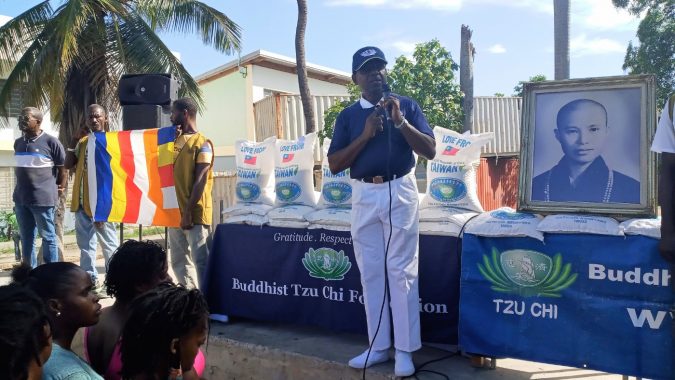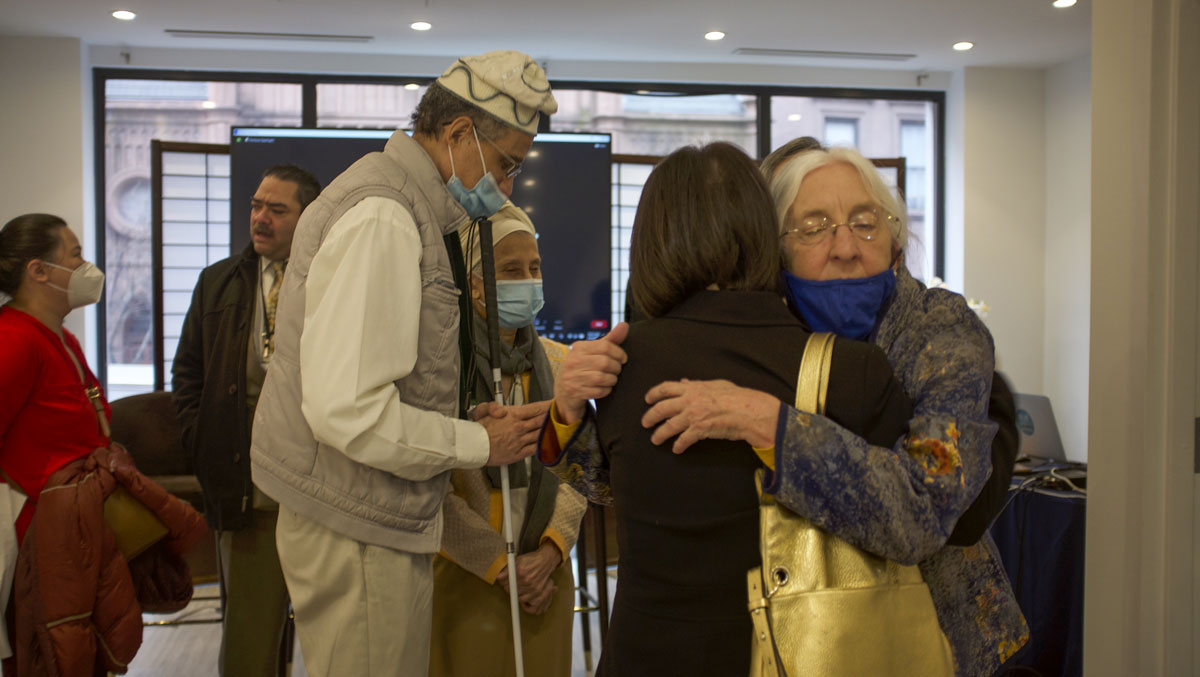
In honor of Interfaith Harmony Week, the Buddhist Tzu Chi Foundation hosted its fourth annual Interfaith Week Harmony Dialogue and Prayer Ceremony (IWHDPC) this past Thursday. Entitled “Uprooted: Compassion After Displacement,” the event sought to tackle today’s migrant crisis.
Now, perhaps more than ever before, we are seeing thousands searching for safety in distant lands. Whether due to war, genocide, natural disasters, or climate change, displaced people find themselves in need of support, and faith groups are often among the best equipped to provide it. With this in mind, the Tzu Chi Center opened its doors to faith leaders from across the country to have an open and honest discussion about the responsibilities of faith-based organizations to their community members, new and old.
“The word I’m tired of using is unprecedented,” said panelist Courtney Madsen of the Church World Alliance. “The past few years there really has been a surge in the number of people needing to come to the US for settlement.” Since the early 2000s, there has been a steady increase in the number of forcibly displaced people around the world. As of mid-2022, 103 million people were seeking a safe place to call home. As the war in Ukraine rages on, and Turkey, the nation hosting the highest number of refugees, is devastated by earthquakes, that number has surely only gotten higher in the past couple of months.
Panelists and participants alike seemed to agree: it’s imperative to ensure migrants have the support they need. Yet, despite religions across the world placing a high value on helping those in need, anti-immigrant attitudes are rising globally.
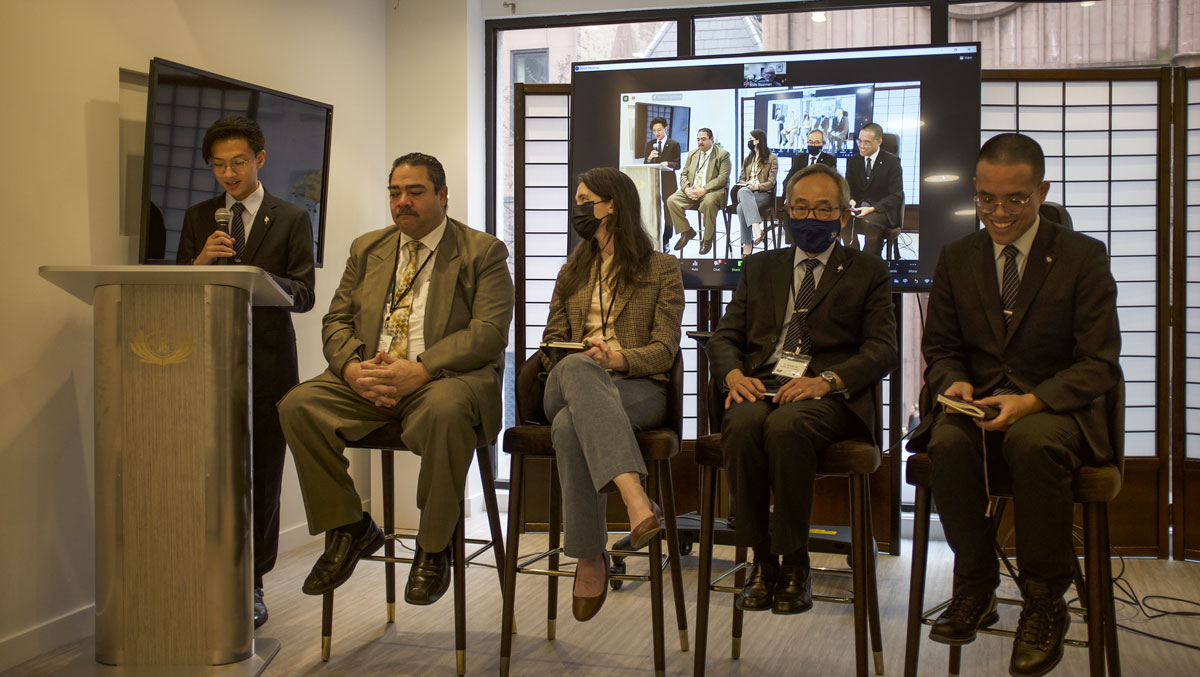
“There seems to be this gap between those who have a compassion for all human beings and those who seemed to have missed that boat somehow,” said Scott Stearman, a pastor and UN representative with the Baptist World Alliance. This intolerance may be self-defeating. Studies have found that stronger policies against displaced people could lead to greater numbers of displaced people.
“If we don’t take care of them here, we bus them to a different location, we just continue that road of instability,” affirmed Buddhist Tzu Chi Foundation UN Representative and panel host, Steve Chiu, prompting nods from the audience.
What role faith-based organizations should play once displaced people arrive, though, caused some debate among panelists.
“I believe that faith-based organizations should have more and more of a partnership with the government,” shared Erick Salgado, Assistant Commissioner at the Mayor’s Office of Immigrant Affairs. As houses of worship continue to be the primary vehicle for the care of displaced people, he went on, more money should be driven to churches to ensure they can fulfill this need.
“Faith community has been integral in keeping the door open, but the size and scope of the need are robust,” retorted Masen. “No one group alone can solve this challenge.”
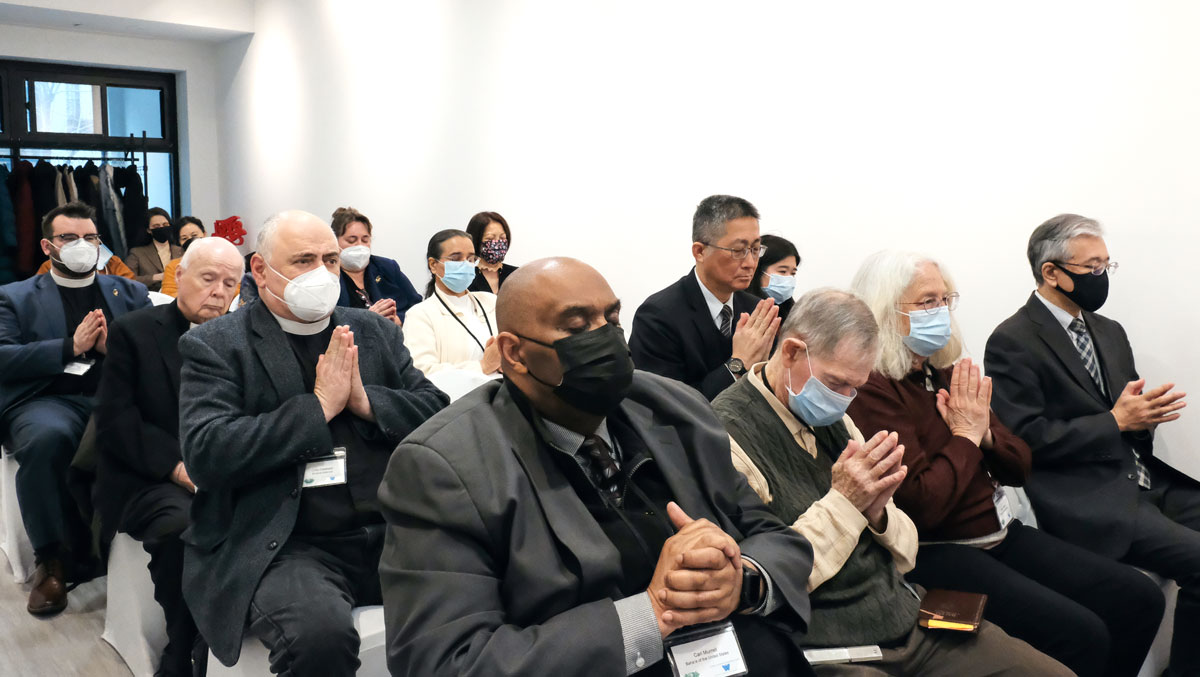
For the day, Chiu challenged panelists and participants alike to reflect on the values which best encompassed their driving force. One word stood out among the rest: Dignity.
According to Salgado, the most recent groups of refugees to the city have come in the most terrible conditions he had seen in decades. Coupled with bigotry and the trauma of leaving behind home, it’s neither uncommon nor unexpected for displaced people to feel undervalued and disrespected.
Faith-based organizations have to “focus on empowerment of the individual and self-reliance,” asserted Madsen. “We tend to over-help.” This over-helping can lead to increased discomfort among displaced people, and burnout on the institutional level. Instead by seeking to end cycles of dependency, Chiu added, we may be able to create a stronger, more resilient community.
The day of reflection and community ended with a prayer, as the words of Dr. Kenneth Liao echoed in the air: “We have to start from the heart. Great love transcends borders.”





